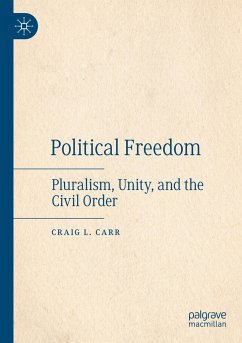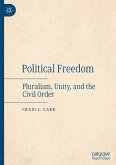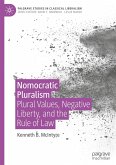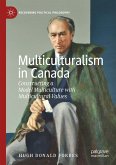The purpose of this work is to discuss and explain the nature of political freedom. The approach is interdisciplinary, drawing from social theory, history, and law, as well as philosophy and political theory. The argument presented defends a view of political freedom as a social norm that has gained great prominence in those places where it has emerged through time as a social mechanism that supports social order and brings security to social life. Regarded as a social norm, political freedom promotes the toleration of the religious, cultural, ideological, and moral differences that generate normative conflict throughout society. The resultant understanding of political freedom therefore defends a distinction between political and personal freedom and separates the idea of political freedom from the individualism with which it is normally associated in most philosophical literature. The argument also indicates why it is appropriate to regard political freedom as a central virtue of social justice.
Bitte wählen Sie Ihr Anliegen aus.
Rechnungen
Retourenschein anfordern
Bestellstatus
Storno








